
5,000 years have passed and nobody has yet come up with a definitive answer to how, let alone why, Stonehenge was built.
It’s highly unlikely then that we’ll be any closer to finding out the truth even after 18 performances of Jan Van der Roost’s ‘The Lost Circle’ at Symphony Hall. We will though have found out who will be crowned the 170th British Open Champion.
There are numerous theories, some plausible, others downright bonkers, about the prehistoric megalithic structure that has stood on Salisbury Plain in Wiltshire for millennia.
Beguiling
It is as breathtaking as it is beguiling; its mystery encased in an outer ring of huge sarsen stones, some topped by horizontal lintels which enclose an inner circle of smaller bluestones whose very presence has created such fevered debate among archaeologists, geologists and anthropologists alike.
There are numerous theories, some plausible, others downright bonkers, about the prehistoric megalithic structure that has stood on Salisbury Plain in Wiltshire for millennia.
Come Saturday you can add three adjudicators, 18 conductors, around 540 players and about 1900 listeners in the hall to that list. And even then, not everyone is likely to agree about the identity of the winner of the famous Gold Shield Trophy.
That what makes for a potentially fascinating contest of musical exploration and understanding.
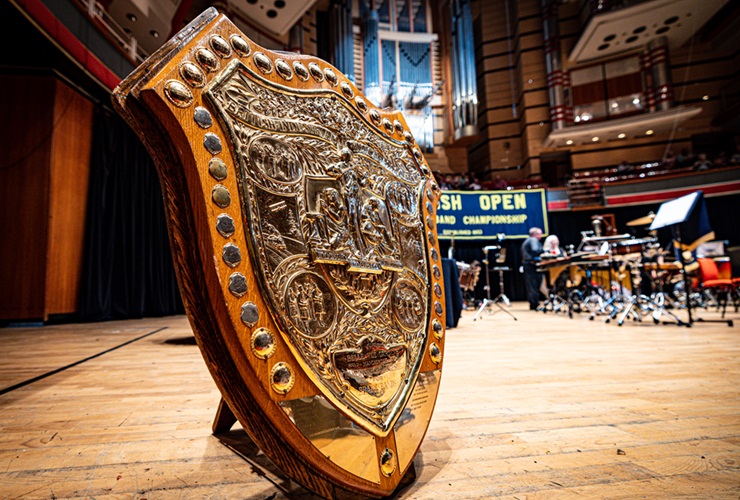
Divided opinion
Searching for those answers on ‘The Lost Circle’ has certainly divided opinions. Its structure is as clearly defined as its inspiration, yet it also has an enigmatic sense of purpose with its episodic narrative that mixes optimistic endeavour and longing, drawn together in densely configured textures within a compact dynamic spectrum.
It's also rather apt that it celebrates a monument that has maintained a sense of timeless mystery ever since it was constructed.
There is no illusion to its difficulty though (just ask the percussion, troms and tubas). It will certainly tell us which bands are able to build a lasting musical structure of 16-and-a-half-minutes of tonal quality from those who opt for a flashy self-build above a potential sink hole.
It's also rather apt that it celebrates a monument that has maintained a sense of timeless mystery ever since it was constructed. The British Open was much the same for the vast majority of its history - an event whose entry to and exit from depended on factors beyond the comprehension of mortal banding men.
Changed times
Thankfully times have changed - from the first overseas winners in the Newcastle Steel Works Band from Australia in 1924 (below) to the automatic invitation now given to the Champion Band of Europe.
More radical change is coming though - first by the proposals outlined to the player eligibility rules from 1st January 2025, as well as with the rewards for the bands at the event itself.
There is now a transparent route for bands fuelled by ambition to map out their step-by-step journey to get to Symphony Hall – from the four qualification events through to the triptych of Spring Festival contests.
More radical change is coming though - first by the proposals outlined to the player eligibility rules from 1st January 2025, as well as with the rewards for the bands at the event itself.
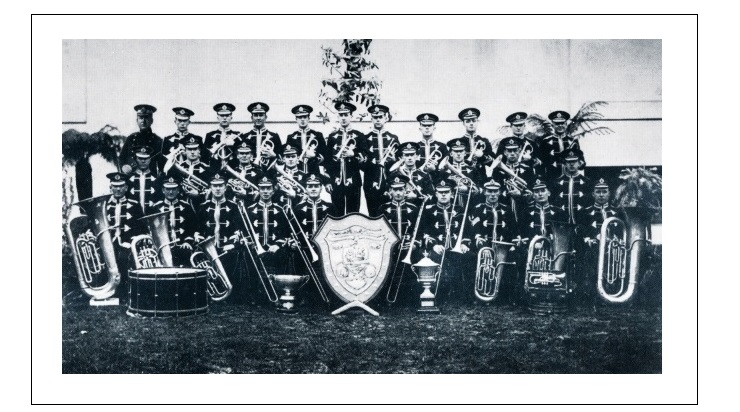
Quality and sustainability
Both are being driven by quality and sustainability – musical as well as financial.
It’s not just climate change activists who are peed off with bands flying in people for a quick contest appearance before they fly off again, let alone signing up more players from rivals than Chelsea Football Club for a one-off competitive appearance.
In as much as traditionalists may baulk at the thought of fewer bands taking part, it also is becoming increasingly obvious that audiences are finding fields of 18 bands or more at major events an outdated anachronism.
Meanwhile, the winning band this year will pick up £4,500 with additional amounts to the podium finishers – the first increase since 1998. Prize money will also be paid down to tenth place.
In as much as traditionalists may baulk at the thought of fewer bands taking part, it also is becoming increasingly obvious that audiences are finding fields of 18 bands or more at major events an outdated anachronism.
Challenging decisions
There may well be further challenging decisions to be made in the future to ensure that the structure of the British Open can prosper in the next decade or more, let along like Stonehenge, well into the next millennia.
As for the here and now, the action will kick off at 10.00am with the first of the 18 contenders taking to the stage introduced by compere David Hayward. Hopefully, it won’t be as stiflingly humid as it was on ‘Sand and Stars’.
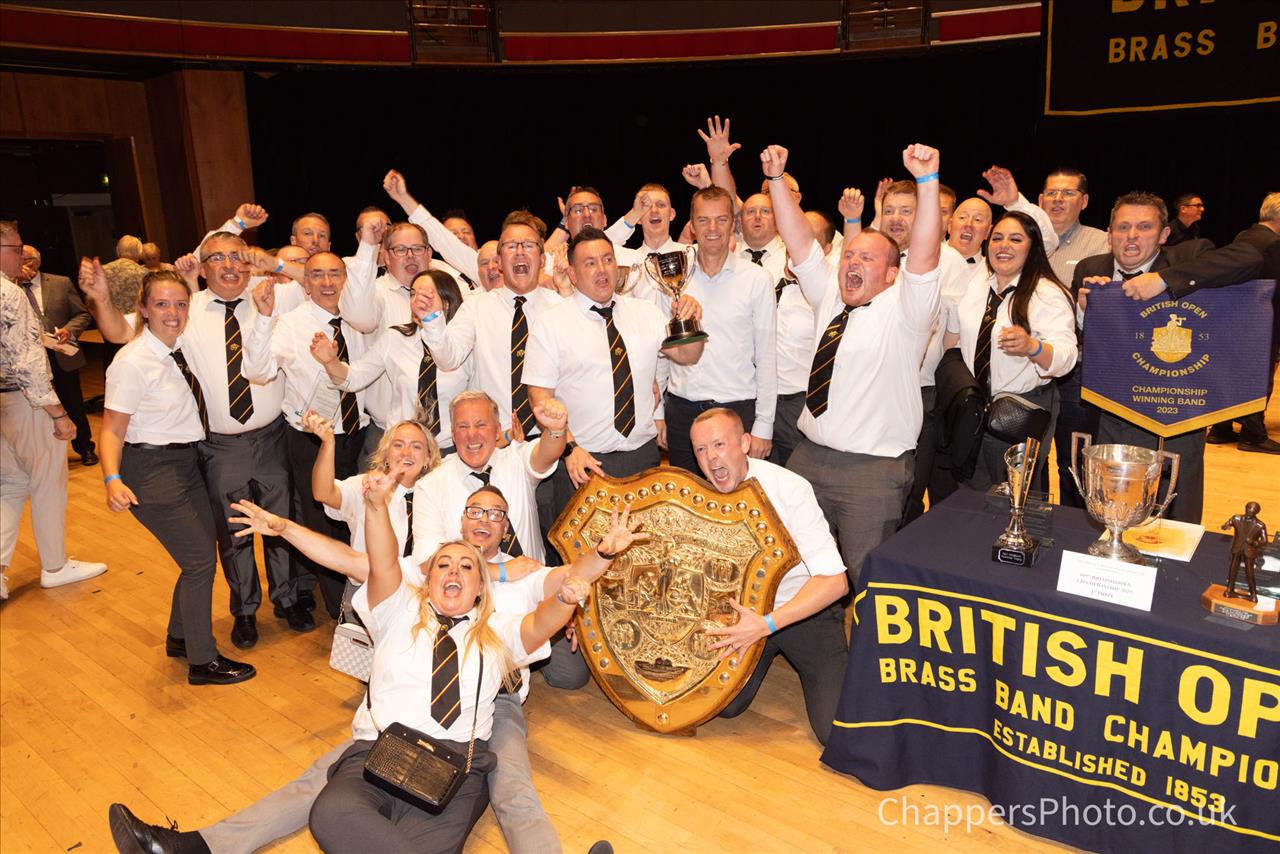
Favourite bands
Many will have their favourites – led by the defending champion Foden’s, who since reclaiming the title for the first time since 2012 has enjoyed a year of significant acclaim and success.
The last time they successfully defended the British Open title though was in 1927 – so that tells you just how hard it is.
This time it’s the turn of their Swiss counterparts Brass Band Treize Etoiles. They are arguably the best band in the world, as shown with their victory in Malmo in 2023 which set them for this year’s invitation.
Europeans
Since the European challengers were invited in 2015 audiences have become accustomed to their excellence – notably with Valaisia’s victory in 2017, which they came close to repeating last year.
This time it’s the turn of their Swiss counterparts Brass Band Treize Etoiles. They are arguably the best band in the world, as shown with their victory in Malmo in 2023 which set them for this year’s invitation.
Their victory in Palanga in May has already booked their Symphony Hall place in 2025. Don’t miss them.

Recent winners
Recent winners will also fancy their chances, with Cory keen to return to the top of the rostrum after coming sixth last year. Tredegar (who were 3rd) continues to be one of the most consistent challengers at major events, whilst Grimethorpe has a great record here of late - coming 4th under Michael Bach in 2023.
They won’t want to pick another early draw from the bag though (number 2 last year) – with the stats showing that since the British Open came to Symphony Hall in 1997, the earliest a band has played and won has been from number 6.
National Champion Black Dyke last triumphed in 2014, so will be looking to capture a fourth Open title under Prof Nicholas Childs, whilst their perennial rivals Brighouse & Rastrick will be hunting an eighth victory after ending 44 years of waiting in 2022.
They won’t want to pick another early draw from the bag though (number 2 last year) – with the stats showing that since the British Open came to Symphony Hall in 1997, the earliest a band has played and won has been from number 6. That was Cory in 2009.
Draw stats
Only one band has won from numbers 1-5 since 1940 in fact – the famous victory off number 1 by Munn & Feltons in 1954.
The last first-time winner was Tredegar in 2010 (off number 8), but there are a few who have yet to have their name engraved on the trophy who could certainly fancy their chances.
Flowers is no longer a dark horse, but a real thoroughbred at major contests. They were well fancied last year but just lost focus with the winning line in their sights in coming 8th. They may just keep something in reserve this time around.
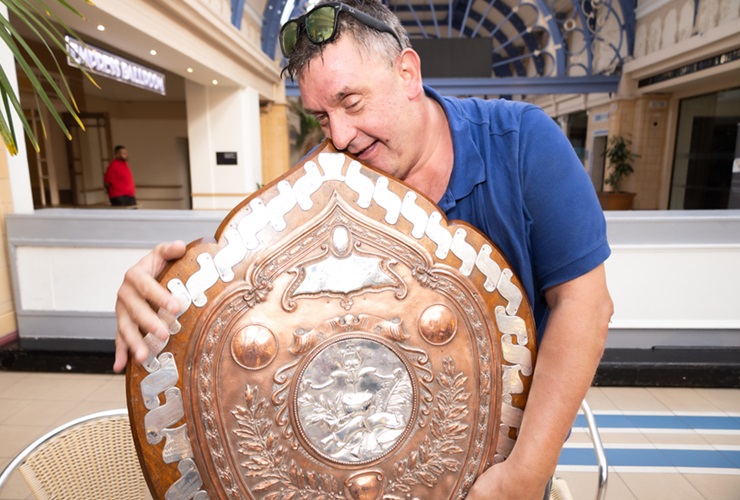
Image rights
Grand Shield winner Oldham Band (Lees) makes its Open debut just 20 years after entering their first Fourth Section contest. MD John Collins has moulded a band in his identity, with well-known stars mixed in with a substantial core of players who started out on that long journey two decades ago. As shown at Blackpool, they should not be underestimated.
MD John Collins has moulded a band in his identity, with well-known stars mixed in with a substantial core of players who started out on that long journey two decades ago. As shown at Blackpool, they should not be underestimated.
Upward progression
You must go back to 1998 for the last time KNDS Fairey Band took the Gold Shield back to Stockport. Whilst a 17th Open victory may just be a long shot, a rejuvenated band should certainly be confident of heading back towards the top six for the first time since 2013.
Elsewhere Hammonds continues its upward progression under Morgan Griffiths (although they won’t want another number 1 draw), with Aldbourne also looking to maintain its solid Open record under Ivan Meylemans. Meanwhile, Carlton Main returns after a year away thanks to claiming the second qualification place at the Grand Shield.
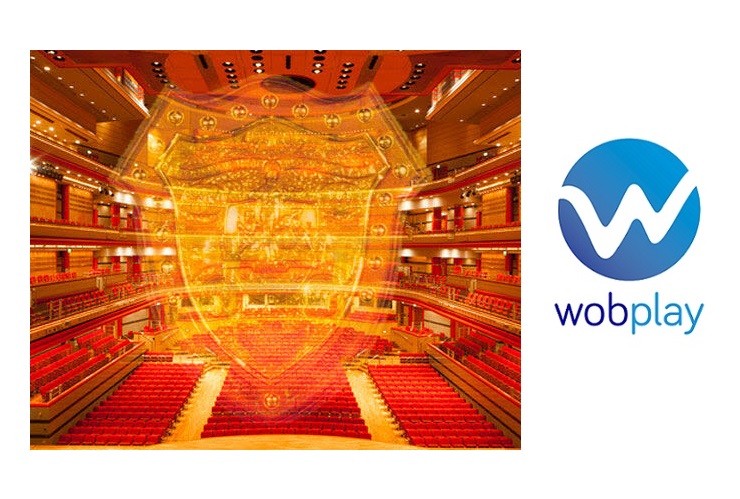
Relegation trap door
The Scots of the cooperation band are on a fine contest roll as they once again team up with Glenn Van Looy, whilst Whitburn will be looking for another solid outing (they came 11th last year) to potentially push into the top-ten under Michael Fowles.
Such is the strength of the field at Symphony Hall that quite a few bands will be looking over their shoulders to avoid falling through the Grand Shield trap door back to Blackpool.
Such is the strength of the field at Symphony Hall that quite a few bands will be looking over their shoulders to avoid falling through the Grand Shield trap door back to Blackpool.
Desford came 13th last year and were still relegated, so it is not just Northop (18th), Leyland (17th) and Hepworth (15th) in immediate danger. All have the quality to push themselves up the results table, but they will also know that a little bit of luck is also required if the draw is against them.
If you can’t make it to Symphony Hall then you can still sit back anywhere in the banding world and enjoy the action as it unfolds thank to the livestream broadcast from World of Brass on the http://www.wobplay.com media platform.
Iwan Fox













